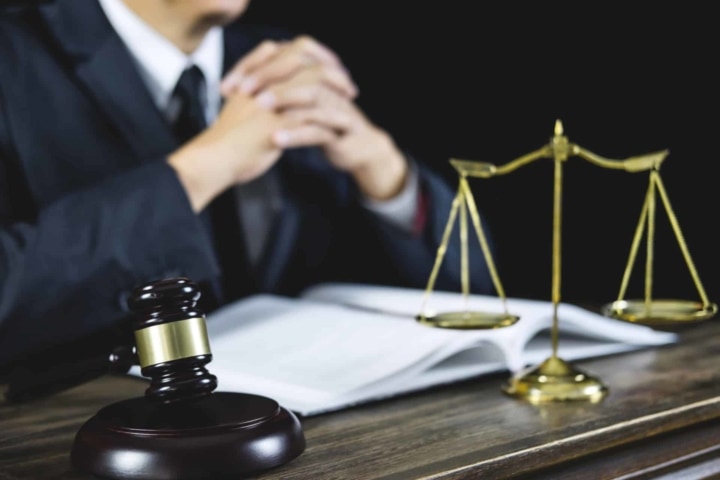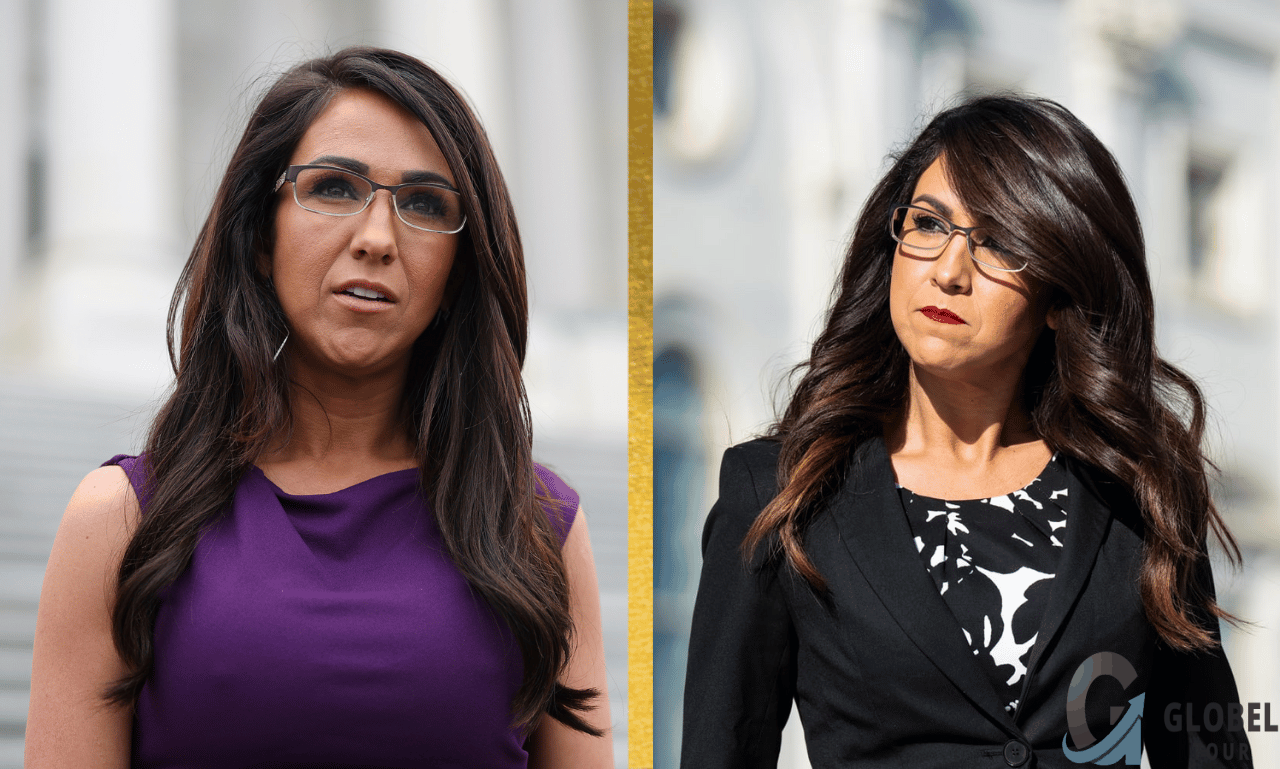Prosecutors have always been a crucial aspect of the legal and judicial system. Whether in high-profile criminal cases, corporate fraud investigations, or government accountability measures, prosecutors shape the legal landscape. In recent years, “prosecutor news” has gained prominence as legal proceedings, reforms, and controversies surrounding prosecutorial conduct have become focal points of public discourse.
This article explores the latest developments in the prosecutorial field, including notable cases, legal reforms, ethical challenges, and the changing role of prosecutors in modern society.

The Role of Prosecutors in the Justice System
Prosecutors serve as the government’s legal representatives in criminal cases, ensuring that justice is served while upholding the rights of the accused. Their responsibilities include:
- Investigating Crimes: Collaborating with law enforcement agencies to gather evidence.
- Filing Charges: Determining whether sufficient evidence exists to bring a case to trial.
- Court Representation: Presenting court cases, cross-examining witnesses, and arguing on behalf of the state.
- Negotiating Plea Deals: Working with defense attorneys to resolve cases through plea agreements.
- Ensuring Fair Trials: Upholding legal ethics and due process while seeking justice.
Types of Prosecutors
| Type of Prosecutor | Jurisdiction & Responsibilities |
| Federal Prosecutors (U.S. Attorney) | Handle cases involving federal law violations, such as terrorism, organized crime, and corruption. |
| State Prosecutors (District Attorney) | Prosecute violations of state law, including violent crimes, drug offenses, and fraud. |
| Special Prosecutors | Appointed for politically sensitive cases, including high-profile corruption trials. |
| Military Prosecutors | Handle legal matters within the armed forces, including court-martial. |
Recent High-Profile Cases in Prosecutor News
The legal landscape has seen several high-profile cases that have captured national and international attention. These cases often highlight key legal and ethical issues within the prosecutorial system.
Corporate Fraud and White-Collar Crime
One of the most significant areas where prosecutors have been active is in tackling corporate fraud. High-profile cases involving companies like Theranos, Enron, and FTX have demonstrated the critical role prosecutors play in holding corporate executives accountable for financial misconduct.
- FTX and Sam Bankman-Fried: Federal prosecutors charged the cryptocurrency mogul with fraud and misappropriation of customer funds, marking one of the largest financial crime cases in recent history.
- Theranos and Elizabeth Holmes: Prosecutors successfully convicted the founder of the now-defunct health tech company for misleading investors and patients about the capabilities of her blood-testing technology.
Political Corruption Cases
Prosecutors have also been at the forefront of corruption trials involving political figures. These cases often involve bribery, campaign finance violations, and abuse of power.
- Donald Trump Investigations: Ongoing investigations into the former U.S. president’s financial dealings and election-related activities have kept prosecutors in the headlines.
- New York Attorney General vs. The Trump Organization: Prosecutors pursued allegations of fraudulent business practices against Trump’s real estate empire.

Organized Crime and Drug Cartels
Prosecutors continue to target organized crime syndicates and drug cartels, particularly in cases involving money laundering and trafficking. The U.S. Department of Justice has prosecuted high-profile cartel leaders, working with international authorities to dismantle criminal networks.
Challenges Faced by Prosecutors
Despite their crucial role, prosecutors face numerous challenges that impact their ability to uphold justice effectively.
Ethical Dilemmas in Prosecution
Prosecutors must balance the pursuit of justice with ethical considerations. Wrongful convictions, prosecutorial misconduct, and politically motivated prosecutions raise concerns about fairness in the justice system.
- Wrongful Convictions: Cases like the Central Park Five highlight how prosecutorial overreach and failure to disclose exculpatory evidence can lead to miscarriages of justice.
- Brady Violations: Prosecutors have been criticized for failing to turn over evidence that could prove a defendant’s innocence, violating the Brady Rule.
Public and Political Pressure
Prosecutors often work under intense public scrutiny, especially in politically sensitive cases. Public opinion and media coverage can influence prosecutorial decisions, sometimes leading to controversial case outcomes.
- Police Misconduct Cases: Prosecutors handling cases against law enforcement officers, such as the George Floyd case, face pressure from both activists and law enforcement communities.
- Election Influence: Allegations of politically motivated prosecutions have become common, with claims that prosecutors target political opponents unfairly.
Legal Reforms Affecting Prosecutors
In response to challenges and controversies, several legal reforms have been proposed and implemented to improve prosecutorial transparency and fairness.

Sentencing and Plea Bargaining Reforms
Critics argue that plea bargaining disproportionately pressures defendants to plead guilty, even when they may be innocent. Prosecutors have been encouraged to adopt more transparent plea deal processes to ensure fair sentencing.
Prosecutorial Oversight and Accountability
Calls for greater oversight of prosecutorial conduct have led to:
- Independent Review Boards: Ensuring that prosecutors adhere to ethical guidelines.
- Transparency Laws: Requiring disclosure of evidence and public reporting on case decisions.
Criminal Justice Reform Movements
Advocacy groups push for progressive prosecution policies that prioritize rehabilitation over incarceration, particularly for non-violent offenders. Some reforms include:
- Eliminating Cash Bail: Ensuring that pretrial detention is not based on a defendant’s financial status.
- Diversion Programs: Allowing low-level offenders to complete rehabilitation programs instead of serving jail time.
The Future of Prosecution in the Legal System
As the legal landscape evolves, the role of prosecutors is also changing. New challenges, such as cybercrime and AI-related legal issues, require prosecutors to adapt and develop expertise in emerging fields.
Technological Advances in Prosecution
Technology is playing a larger role in criminal investigations and prosecutions. AI, forensic science, and digital evidence analysis are becoming standard tools for modern prosecutors.
- AI in Legal Research: Prosecutors use AI-powered tools to analyze case law and predict case outcomes.
- Cybercrime Investigations: Prosecutors are increasingly handling cases involving cyber fraud, hacking, and online financial crimes.
Restorative Justice Approaches
Some legal experts advocate for a shift toward restorative justice, which focuses on reconciliation between offenders and victims rather than purely punitive measures. This approach has been used in juvenile justice cases and minor offenses to reduce recidivism.

Conclusion: Prosecutors and the Future of Justice
The role of prosecutors in shaping the justice system remains pivotal. As legal reforms, technological advancements, and ethical considerations continue to evolve, prosecutors must navigate a complex landscape to ensure justice is fair, transparent, and accountable.
Prosecutor news will undoubtedly remain a key topic in legal discussions as new cases, policies, and challenges emerge. The future of prosecution depends on balancing the pursuit of justice with the protection of individual rights, ensuring that the legal system remains fair and effective for all.




